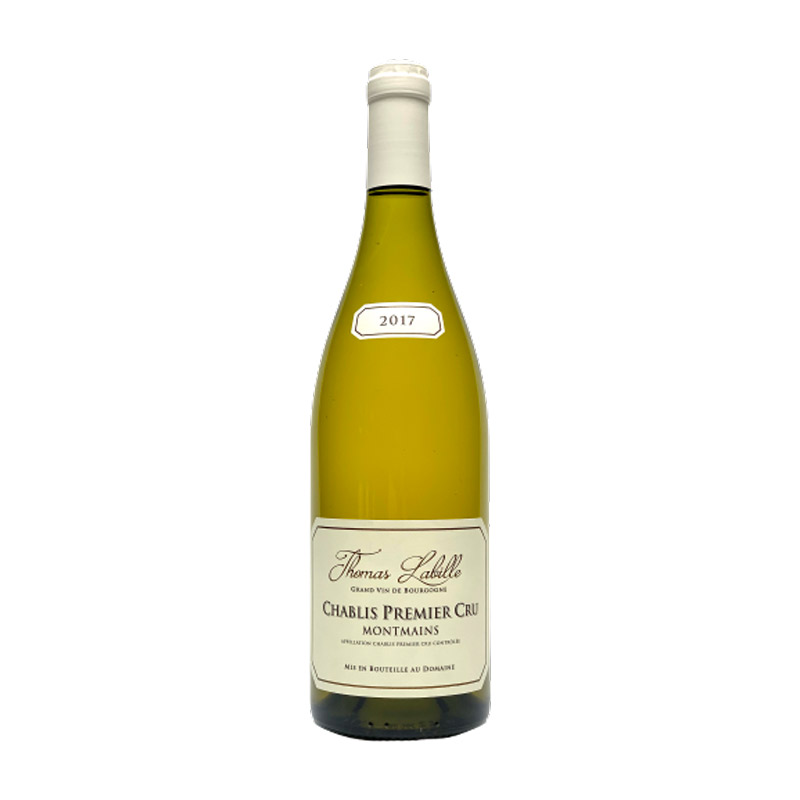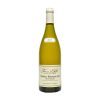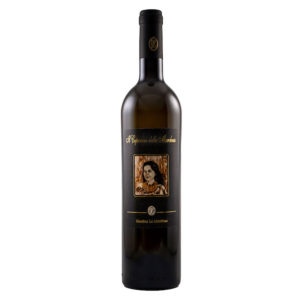| Country | |
|---|---|
| Grape Variety | Chardonnay |
| Region | Chablis |
| Producer | Thomas Labille |
| Certification | Sustainable |
Chablis Magnum 2020 – Thomas Labille
£50.00
It’s mineral and delicate, a light buttery note on the nose of this wine leads to a creamy element in the mouth. On the palate it joins generous but fresh fruit with a pithy, lemony and bright texture. Ideal with seafood like lobster, creamy poultry or goat cheese. It can be drunk after 10 years.
Out of stock
Colour
FLAVOURS
Palate
Sweetness
Acidity
Body
Abv
Serve At
Food Pairing
The Domaine du Chardonnay run a vineyard of 34.5 hectares. Only the estates harvest are vinify and aged in the winery. Every year the Domaine try to show the best of Chablis. Their phylosophie is the ancestral respect about the vineyard, the grape and the wines.
They own 34.5 hectares in differentes part of Chablis. The diversity of each appelation they produced show the typicity of each plot, each terroir. Their appélation Premier Cru from the Right Bank and the Left Bank show how the wind, the sun exposition and the soil can reveal arome and flavour different.
Chablis
The Chablis wine region is in France, in the northern part of the Bourgogne region in the Yonne department between Paris and Beaune, a short hop from the Champagne region.
Wines from Chablis are frequently described as having citrus and white flower aromas with dry, lean, light-bodied flavors of citrus, pear, minerality, and salinity. One of the most desirable traits in quality Chablis is a long, tingly finish of high acidity, and flint-like minerality. Much of the lean and elegant taste of Chardonnay from Chablis is attributed to the qualities of the soil, climate, and traditions of the region. Knowing the peculiarities of this area (and there are a few) will help you find better wine.
The best food pairings take advantage of the wine’s naturally high acidity to act as a palate cleanser and work well with delicately creamy sauces. Due to the lighter, more delicate taste profile of Chardonnay, you’ll want to stick to lighter meats and fishes as your base ingredient, including chicken, quail, trout, bass, halibut, cod, clams or scallops. The high acidity and salinity also means it will do well alongside shellfish and sushi. In terms of spice profiles, lean towards fresh herbs, white pepper, and low overall spiciness.




